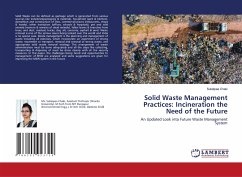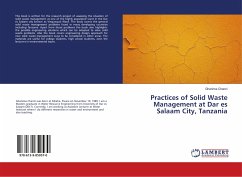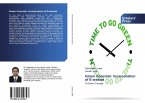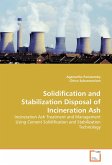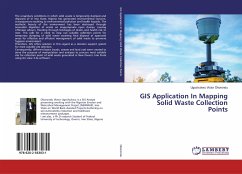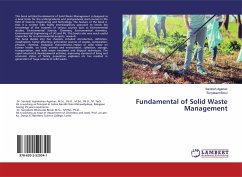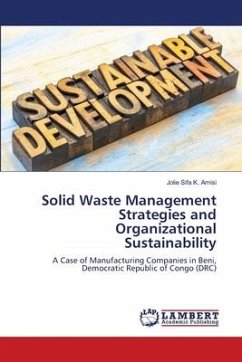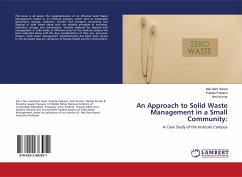Solid Waste can be defined as garbage which is generated from various sources like industries(packaging & material), household (yard & kitchen), demolition and construction of sites, commercial places (restaurants, shops & hotels), other institution (offices, schools & hospitals), pet and wild animals (manure & remains of dead animals), fallen leaves & branches from trees, and dust, residual, bricks, clay, silt, concrete, asphalt & sand. Waste removal is one of the serious issues being looked over the world and India is no special case. Waste management is the planning and management of waste including all exercises, which incorporate an assortment of strong waste, movement or transport, removal and removal of strong waste, and appropriate solid waste removal strategy. This arrangement of waste administration must be done adequately and all the steps like collecting, transporting & disposing of must be done cleanly with all the security measures. In this paper, the challenges being faced and opportunities to management of MSW are analyzed and some suggestions are given for improving the MSW system in the future.
Bitte wählen Sie Ihr Anliegen aus.
Rechnungen
Retourenschein anfordern
Bestellstatus
Storno

